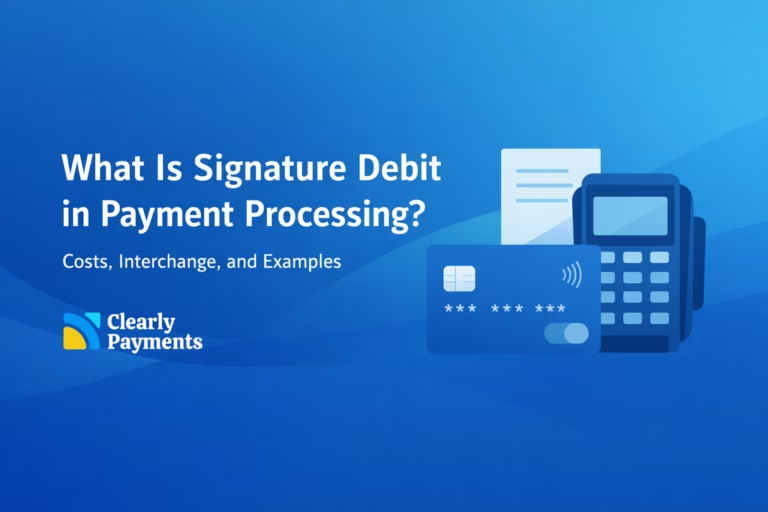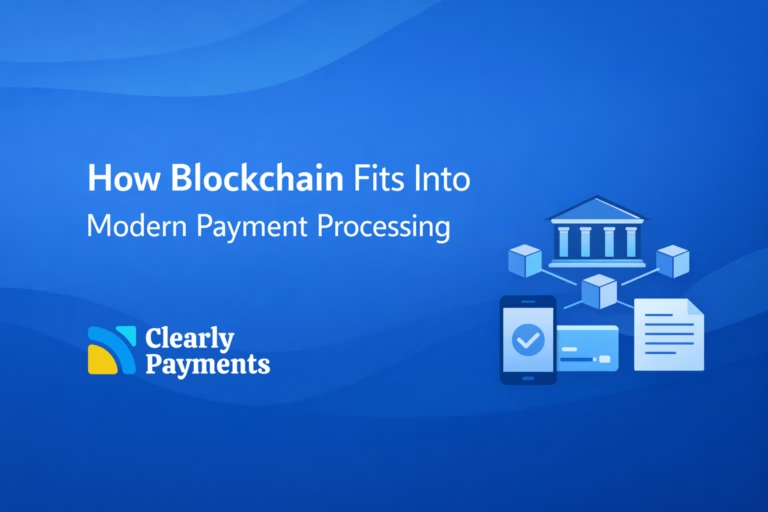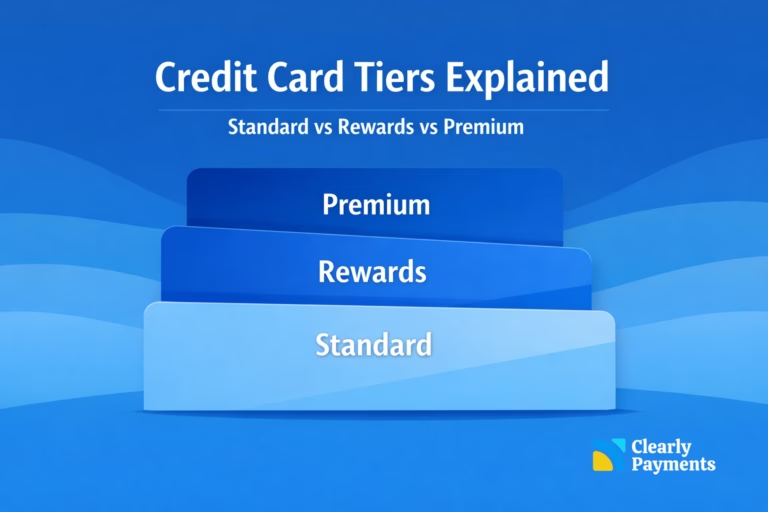When a customer pays by credit card, the money does not instantly appear in the merchant’s bank account. Instead, transactions must go through several steps of authorization, clearing, settlement, and finally funding.
The length of time it takes for money to arrive varies by processor, industry risk level, and even the time of day when the transaction occurs. For most businesses, the delay is measured in business days, not minutes.
Understanding Settlement and Funding
Before discussing timelines, it’s useful to understand the stages of card payments. The process begins with authorization, when the card issuer confirms the card is valid and has funds or credit available. Transactions are then collected into a batch and sent to the acquiring bank and card networks for clearing and settlement. At this point, funds are transferred between banks, but they are not yet available to the merchant. The final stage is funding, where the processor deposits net proceeds into the merchant’s account.
These stages are why card transactions almost never result in immediate cash flow, unlike debit or cash payments.
Typical Time Frames for Funding
In most cases, merchants receive their funds within one to three business days. This is the industry standard cited across processors and card networks. The timing depends heavily on how quickly batches are submitted, the processor’s policies, and banking system cut-off times.
- Standard credit-card processing: 1–3 business days is the norm for both in-store and online merchants.
- Payment service providers (PSPs): Platforms like Square, PayPal, or Stripe, known as PSPs, often take longer, averaging 2–7 business days, since transactions flow through pooled accounts and may have extra risk checks.
- Next-day funding: Some processors, like Clearly Payments, offer faster deposits by the following business day if the merchant closes batches before a set cut-off time.
- Same-day funding: Available in select cases, usually requiring early batching and sometimes extra fees, like Clearly Payments.
- Instant funding: A small but growing option where deposits arrive within minutes or hours. This almost always carries higher costs and may include daily caps.
Timing Depends on Transaction Date and Time
Funding delays are not only about processor speed, the timing of the transaction itself matters. Most processors set cut-off times, often in the late afternoon. Transactions batched before that deadline may qualify for next-day or same-day deposits, while transactions after the deadline are pushed into the following cycle.
Weekends and holidays also extend delays. A sale made Friday evening may not hit the merchant’s account until Tuesday or Wednesday, even with a processor that usually provides next-day funding. For enterprises managing payroll or inventory on tight schedules, this lag can be significant.
Industry Statistics and Trends
Industry data shows that the majority of U.S. and Canadian merchants experience a 1–3 business day settlement window. In fact, next-day funding is now common among major processors, though it often requires merchants to meet volume thresholds or maintain low chargeback ratios.
Aggregators, on the other hand, can take considerably longer. Published averages show 3–7 business days for merchants using third-party payfacs, largely due to pooled account structures and risk management practices. Meanwhile, some providers are beginning to advertise same-day or instant payouts, though these represent a small fraction of the market and are usually tied to premium pricing.
Practical Considerations for Merchants
Settlement times directly affect cash flow, so merchants should factor them into financial planning. Businesses with heavy inventory costs or frequent payroll runs often benefit most from faster funding options, even if they come at a slightly higher processing rate. To improve speed, merchants should ensure batches close promptly, inquire about next-day or same-day funding programs, and understand their processor’s cut-off times.
It is also important to be aware of reserve policies. High-risk businesses, startups, and merchants with frequent chargebacks may face holds that delay access to funds beyond the typical timeframe. In these cases, cash flow planning and working capital reserves become even more critical.
Key Takeaway
For most merchants, funds from credit card transactions arrive in one to three business days. Same-day and next-day settlement are increasingly available, but they depend on processor offerings, batching schedules, and transaction timing. While consumers swipe or tap in seconds, the back-end banking process ensures that merchants often wait days before money is in their accounts.
Clearly Payments is one of the few processors that consistently provides same-day or next-day funding, depending on when transactions occur, helping merchants bridge the gap between sales and usable cash flow.
Switch your processing to Clearly Payments
- Flexible and simple integration options
- Fast funding
- A full set of payment products to accept payment anytime, anywhere
- World-class customer service




